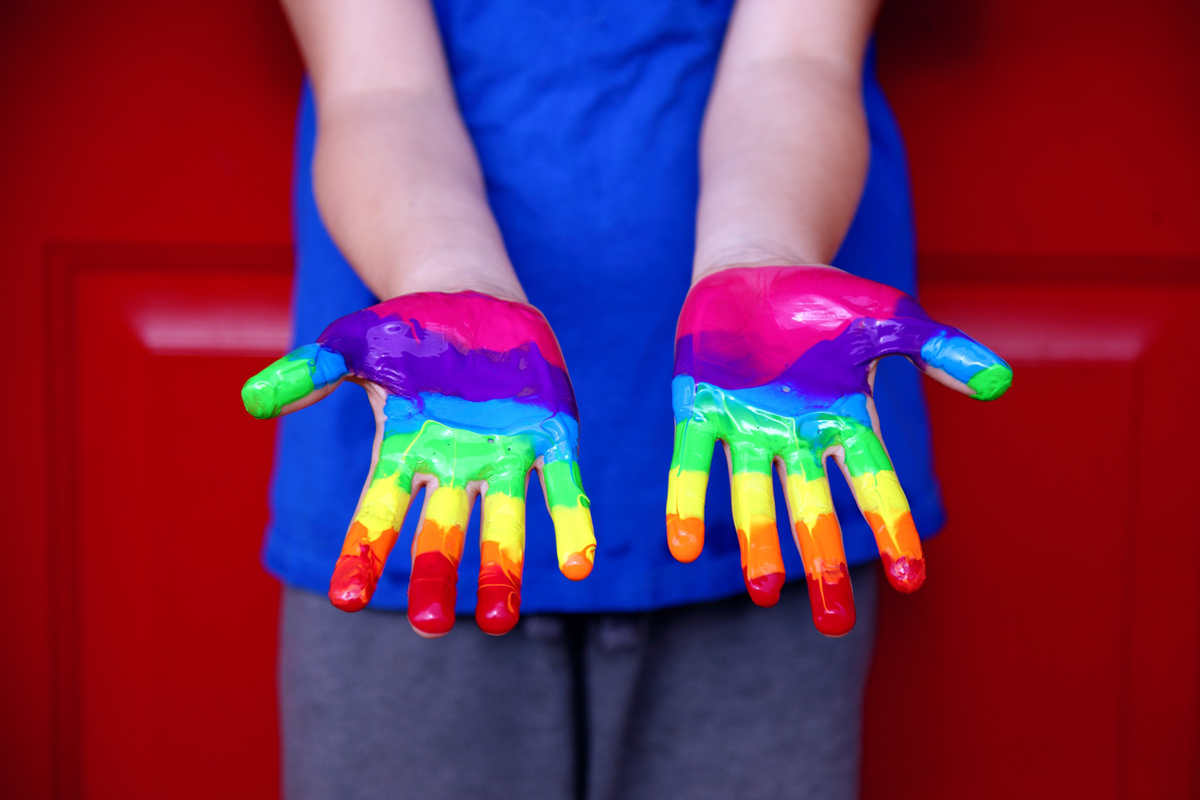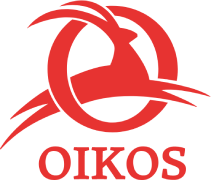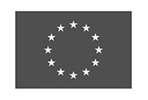Culpeer
Culture and Peer-Learning for Development Education

Country
Educate beyond borders
An intercultural project of equal education on sustainable development, to understand the role that young people have in building a fairer future, for us and for the planet. European NGOs, local administrations and artistic associations from all over the world are getting together to promote cultural exchanges between very young people and inviting them to actively reflect on climate change, children's rights and migration.
Young people are the protagonists of a society that is changing and growing rapidly: globalization, climate change, the increase in world population and migration make the scenario of the planet of today and tomorrow critical. Creating the conditions for the development of a fair, inclusive society, which is also respectful of human rights and the environment, is the goal of the 2030 Agenda of the United Nations.
It is in this context that the project Culture and Peer-Learning for Development Education was born, an intercultural exchange project led by the International Relations Office in Cologne and carried out thanks to the collaboration of 15 partners–including Istituto Oikos–from European and non-European countries.
The protagonists of the project are young people in all respects: students from 100 European schools, boys and girls who attend youth centres, young members of cultural associations, are involved in many opportunities for exchange and sharing with their peers from different cultures, realities, and geographical areas. From hospitality, to interactive workshops, to the expressive use of music, dance and theatre, in
order to contribute to the Sustainable Development Goals on climate change, children rights and migration. There are many ways to acquire and process information: the project includes 120 cultural events and 240 workshops based on an approach to peer education in formal and non-formal contexts.
In addition to activities for the youngest, international conferences will be organized - aimed at politicians, associations, public bodies, teachers and students - and public events open to all citizens. An e-learning platform with educational resources, quizzes and activities on the topic of the 17 SDGs. Not only web: a tangible legacy of the project will be the 7 artistic works, in particular murals, realized in the central areas of the cities involved, from Varese to Cologne (Germany), from Kalundborg (Denmark) to Plovdiv (Bulgaria).
The project is implemented thanks to the support of the European Union by a network of partners all over the world: Germany, Bulgaria, Denmark, Slovenia, Italy, Luxembourg, Poland, Bolivia, Tanzania, South Africa, Uganda, Peru, El Salvador, Nepal, India.
Il progetto in numeri
180k
potabile in Tanzania
22k+
raccolti a Ibo, Mozambico
52k+
in Mozambico e Myanmar
11k+
di educazione nel mondo
200
di attività economiche
in Tz e Myanmar
1700
in Italia
1700
in Italia
52k+
in Mozambico e Myanmar
1700
in Italia

